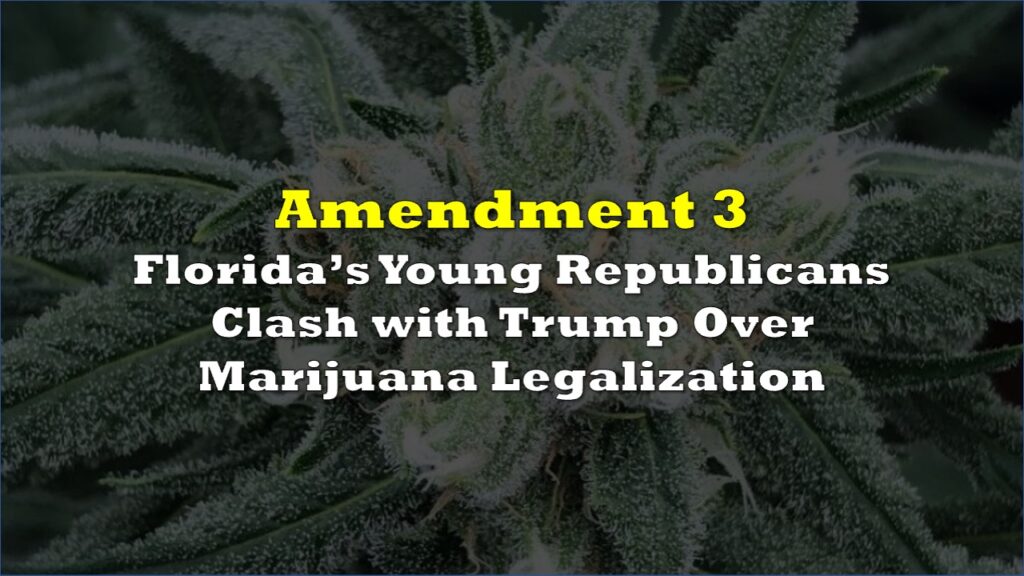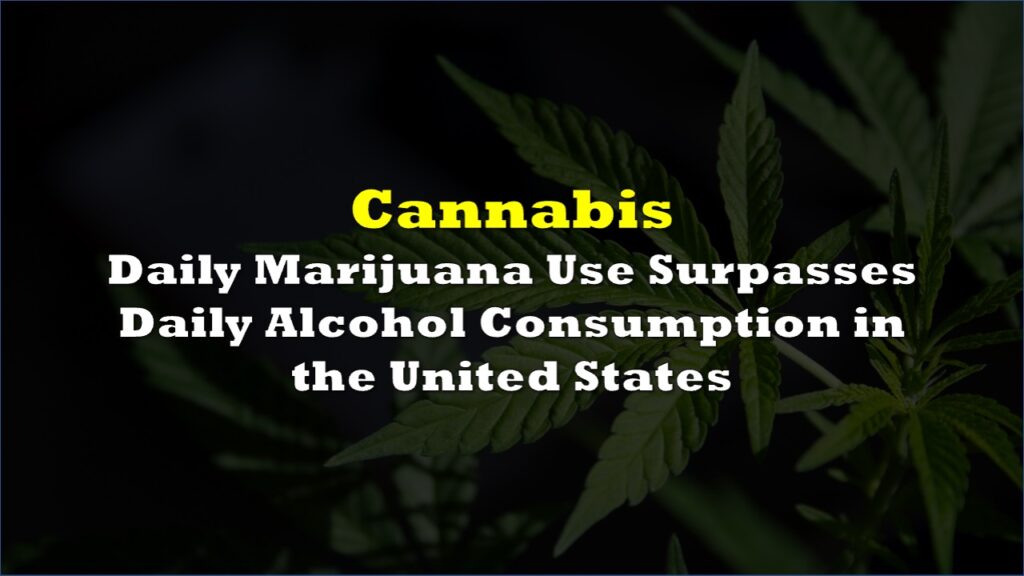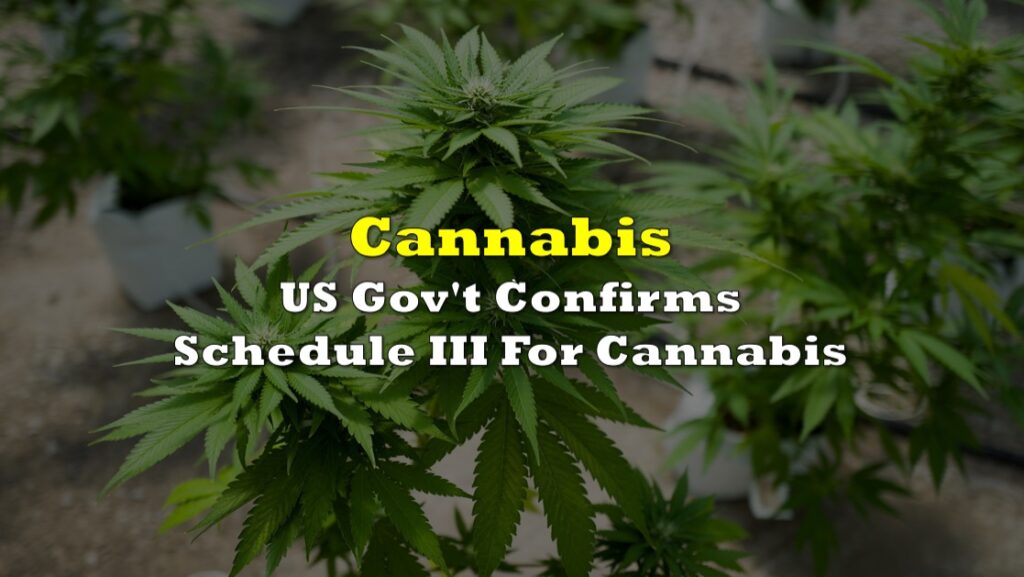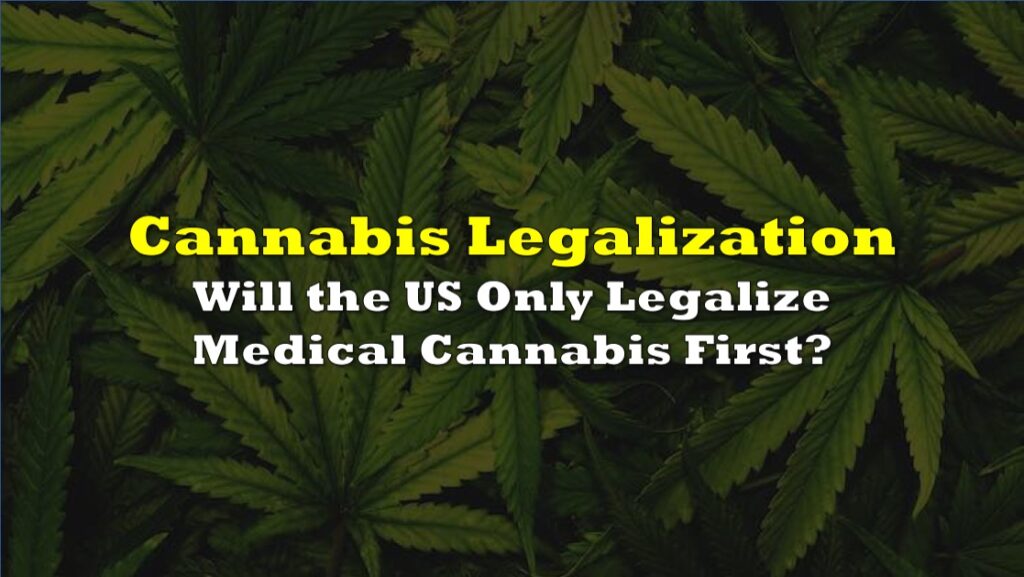In a major setback for cannabis advocates, Florida voters narrowly defeated Amendment 3, a proposal that sought to legalize recreational marijuana use for adults aged 21 and older. Despite garnering around 55.9% support, the initiative fell short of the required 60% threshold needed to amend Florida’s constitution. The defeat came after a heated campaign marked by multi-million-dollar expenditures, prominent political opposition, and substantial media attention.
Amendment 3 aimed to permit adult Floridians to purchase and possess up to three ounces of marijuana for personal use without needing a medical card. Proposed by the advocacy group Smart & Safe Florida, the amendment received substantial financial backing from Trulieve, one of the state’s largest medical cannabis companies. Trulieve reportedly invested over $144 million into the legalization campaign, collecting more than a million petition signatures from registered voters across Florida to secure the measure on the ballot.
If passed, the amendment would have opened a new, fully legal market for recreational cannabis in Florida, where currently only patients with specific medical conditions have access to marijuana under a 2016 law. As it stands, Florida law requires medical marijuana patients to obtain a physician’s recommendation and pay for a medical marijuana card, a process that costs about $75 plus physician fees. Approved medical conditions include cancer, epilepsy, PTSD, and chronic pain, among others.
Governor Ron DeSantis publicly opposed Amendment 3, voicing concerns about its impact on public health and safety. In a statement to voters, DeSantis argued that Florida’s existing medical marijuana program already provides sufficient access for those with legitimate needs, claiming, “If you really want it in Florida, you can get it already.” He expressed skepticism about the medical necessity for the nearly 900,000 registered medical marijuana users in Florida, implying that some may be exploiting the system.
The anti-marijuana campaign also gained support from influential groups such as Smart Approaches to Marijuana (SAM), an advocacy organization led by former White House drug policy advisor Dr. Kevin Sabet. Following the vote, Sabet described the rejection of Amendment 3 as “one of Big Marijuana’s biggest defeats yet,” and called it a “remarkable blow” to corporate interests attempting to “normalize a new addiction-for-profit industry.” He argued that high-potency THC products pose significant health risks, including links to depression, psychosis, and suicidality, especially among young users.
SAM and other opponents also accused Trulieve and its allies of attempting to “buy” legalization through substantial financial contributions and accused the marijuana industry of pushing misinformation. Dr. Sabet emphasized the importance of “taking a firm stance against the dangerous drugs” that the cannabis industry promotes as harmless.
JUST NOW: Florida voters DEFEAT Amendment 3. Statement from SAM CEO & President @KevinSabet: pic.twitter.com/PteYfzZ9Yf
— SAM (@learnaboutsam) November 6, 2024
The Cannabis Politics
The campaign for Amendment 3 was one of the most expensive marijuana legalization efforts in recent U.S. history. Trulieve’s $144 million-plus investment underscores the high stakes involved in the potential expansion of Florida’s cannabis market, currently limited to medical use. Proponents of the amendment framed legalization as a means of reducing criminal penalties for minor drug offenses, stimulating economic growth, and creating jobs. Cannabis industry representatives argued that legalization would bring new tax revenue to the state, potentially benefiting public health and education programs.
However, opponents like SAM countered that the societal costs would far outweigh any financial gains. In particular, SAM and other critics claimed that the industry downplayed the health risks of high-potency marijuana products, which they argued could contribute to increased mental health issues, particularly among youth and vulnerable populations.
Though Amendment 3 was defeated, advocates have indicated that this is not the end for recreational marijuana efforts in Florida. Historically, similar measures have failed before succeeding in later election cycles. For instance, a medical marijuana initiative failed in 2014 but passed two years later in 2016, allowing the establishment of Florida’s current medical marijuana program.
Veteran cannabis advocate John Morgan, who helped push both previous medical marijuana amendments, has suggested that legalization efforts may continue despite the challenges posed by Florida’s high threshold for constitutional amendments.
Stunned & heartbroken by the outcome in FL. I tried to make sense of the info we had in front of us. Clearly I was wrong. I'm sorry. This one really hurts.
— Hirsh Jain (@anandastrategy) November 6, 2024
Yet, future efforts to legalize marijuana may face additional hurdles, as DeSantis’s administration has hinted at further tightening the petitioning process for ballot initiatives. The state’s election security office recently suggested changes to the initiative process, which could make it more difficult and costly to gather enough signatures in future campaigns.
National Perspectives
The rejection of Amendment 3 in Florida aligns with recent marijuana legalization setbacks in other states. For example, North Dakota recently rejected a marijuana legalization measure, and Massachusetts voters turned down an initiative to legalize psychedelics. These results indicate a challenging environment for drug policy reform in conservative and swing states, where legalization campaigns face significant opposition from both political and advocacy groups.
Meanwhile, the national landscape for marijuana legalization remains uncertain. Although former President Donald Trump, a Florida resident, publicly supported Amendment 3, calling for an end to “needless arrests and incarcerations of adults for small amounts of marijuana,” he has not committed to federal legalization. In contrast, Vice President Kamala Harris had indicated that she would push for federal legalization if elected president, highlighting a potential divide on the issue in the 2024 presidential election.
For now, marijuana in Florida remains strictly limited to medical use, available only to registered patients with specific medical conditions. While the state’s medical marijuana market is among the largest in the U.S., recreational legalization would require a renewed effort, likely with an even greater investment in voter outreach and perhaps a refined messaging strategy to address the public’s health and safety concerns.
Information for this story was found via Miami Herald and the sources and companies mentioned. The author has no securities or affiliations related to the organizations discussed. Not a recommendation to buy or sell. Always do additional research and consult a professional before purchasing a security. The author holds no licenses.









